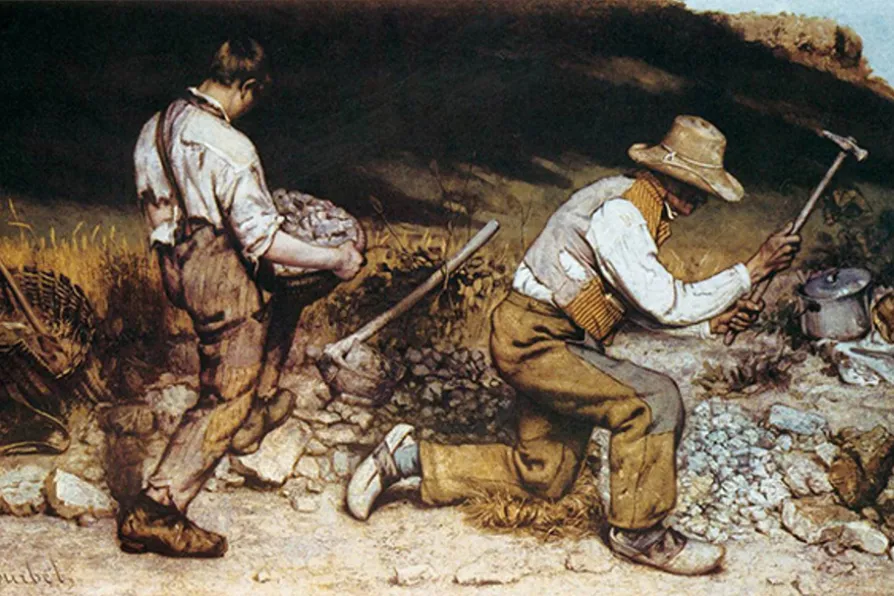RICHARD MURGATROYD enjoys a readable account of the life and meditations of one of the few Roman emperors with a good reputation


THROUGHOUT 1848, Europe was in convulsions as widespread revolutionary unrest ushered in what became known as “The Spring of Nations” and, in February that year, Karl Marx and Frederick Engels published The Communist Manifesto.
The political ferment was as wide-reaching as it was spontaneous, with unstable alliances of social strata and classes with disparate political aims that could not endure. Nevertheless, it ushered in the final transformation of an archaic and unproductive feudal serfdom into the “modern” and “efficient” capitalist labour market. But the whip was to stay, albeit wielded by a different hand.
An independent-minded, self-proclaimed republican who supported the poor and oppressed and continuously irked the ruling elites, Gustave Courbet possessed the kind of spirit needed for such a time.

NICK MATTHEWS recalls how the ideals of socialism and the holding of goods in common have an older provenance than you might think













